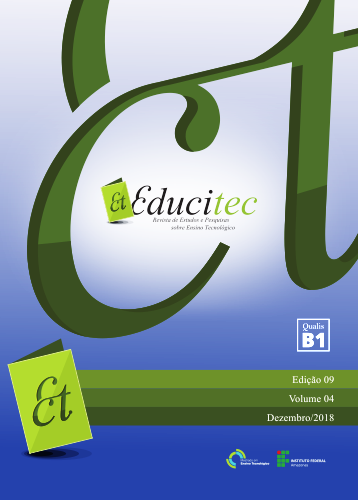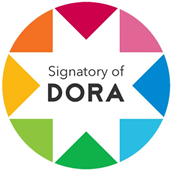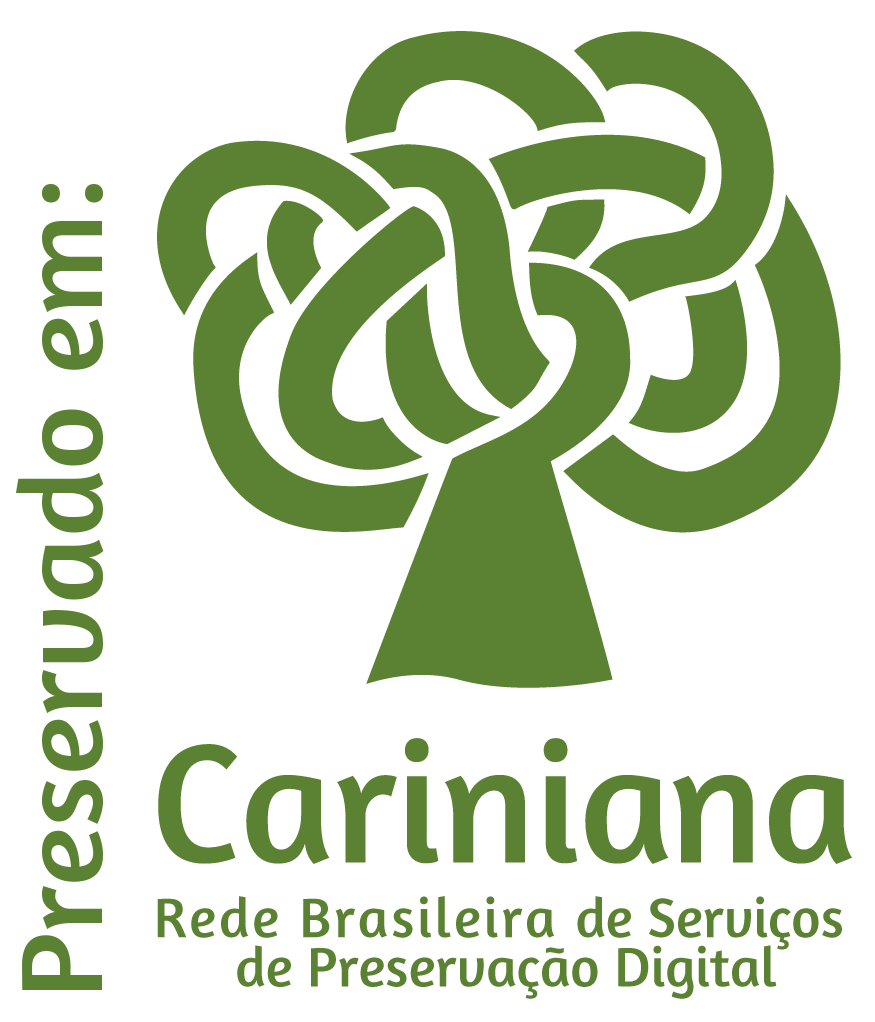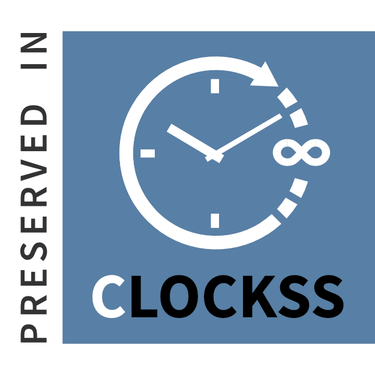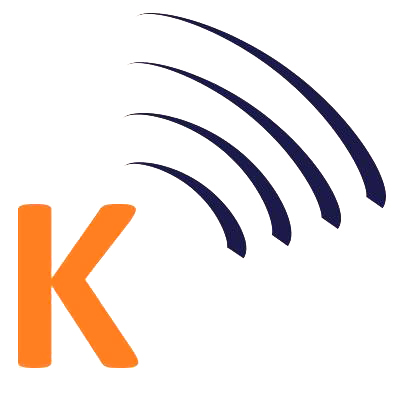Commercial software, some possibilities of pedagogical use in the literacy cycle
DOI:
https://doi.org/10.31417/educitec.v4i09.439Keywords:
Electronic spreadsheet, Educational Software, Educational technologyAbstract
Due to technological advances, it is necessary to reflect on the use of digital Information and communication technologies (DICTs) as pedagogical resources in teaching and learning processes. In this context, the objective of this research was to monitor and analyze the development of learning situations, mediated by digital Information and communication technologies, developed by a teacher of the literacy cycle, realizing the implications of the use of these technologies in the classroom. Therefore, we carried out an action research in a first year class of elementary school of a municipal public school in Imperatriz/MA. During the research we tried to maintain an interaction with the researched school and with the participating subjects in an approximation of the principles proposed by Barbier (2007) and Thiollent (2011) for this type of research. Thus, we developed some learning situations mediated by Digital Technologies, among them we highlight the use of Electronic Spreadsheet and presentation software that proved to be possibilities for the development of authorship, participation and involvement of children in each challenge proposed, thus expressing a sense of belonging and the joy of authorship, in addition to helping children to read and interpret social phenomena and practices, based on everyday situations they experience.
Downloads
Metrics
References
ALMEIDA, Marcos Teodorico Pinheiro de. Brincar uma Aprendizagem para a Vida. In: ALMEIDA, Marcos Teodorico Pinheiro de (Org.). Brincar, Amar e Viver. Assis, SP: Storbem, 2014. p. 20-72.
ALMEIDA, Maria Elizabeth Bianconcinide; VALENTE, José Armando. Tecnologias e currículo: trajetórias convergentes ou divergentes? São Paulo: Paulus, 2011.
BARBIER, René. A Pesquisa Ação. Brasília: Líber Livro Editora, 2007.
CANO, Cristina Alonso. Os Recursos da Informática e os Contextos de Ensino e Aprendizagem. In: MORAN, José Manuel; MASETTO, Marcos T.; BEHRENS, Marilda Aparecida. Novas Tecnologias e Mediação Pedagógica. 8. ed. Campinas: Papirus, 2015. p. 156-182.
COX, Kenia Kodel. Informática na Educação Escolar: Polêmicas de Nosso Tempo. Campinas, SP: Autores Associados, 2003.
DEMO, Pedro. Educação Hoje: novas tecnologias, pressões e oportunidades. São Paulo: Atlas, 2009.
FORNEIRO, Lina Iglesias. A organização dos Espaços na Educação Infantil. In: ZABALZA, Miguel A. (Org.). Qualidade em Educação Infantil. Porto Alegre: Artmed, 2008. p. 229-281.
MOREIRA, Marco Antônio. Teorias de Aprendizagem. São Paulo: E.P.U., 2014.
OLIVEIRA, Ramom de. Informática Educativa: dos planos e discursos à sala de aula. Campinas, SP: Papirus, 2015.
SILVA, Jaqueline Silva da. O Planejamento no enfoque emergente: uma experiência no 1º ano do ensino fundamental de nove anos. 2011. 235 f. Tese (Doutorado) - Curso de Programa de Pós-graduação em Educação, Universidade Federal do Rio Grande do Sul, Porto Alegre, 2011.
TAJRA, Sanmya Feitosa. Informática na Educação: Novas Ferramentas Pedagógicas para o professor na atualidade. 9. ed. 6. reimpr. São Paulo: Érica, 2015.
THIOLLENT, Michel. Metodologia da Pesquisa-Ação. São Paulo: Cortez, 2011.
Downloads
Published
How to Cite
Issue
Section
License

This work is licensed under a Creative Commons Attribution 4.0 International License.
This work is licensed under a Creative Commons Attribution 4.0 International License
This license allows others to share, copy, redistribute material in any medium or format, adapt, remix, transform and develop the material based on their work, even if commercially, giving due credit and providing a link to the license.
The published articles are the property and full responsibility of their authors, who may have them for later publication, always including the original edition, and EDUCITEC Magazine does not have any legal responsibility for its content.
Accepted 2018-12-21
Published 2018-12-26

